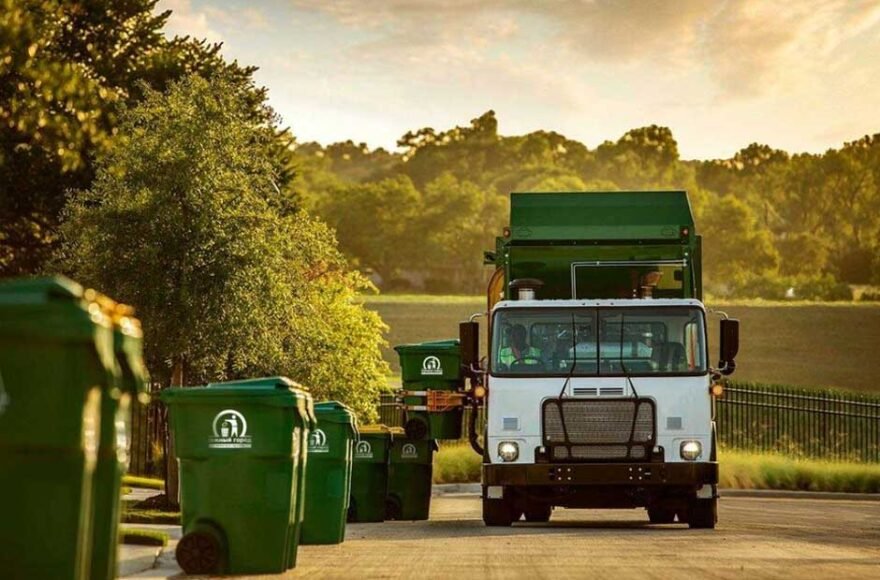Mind the Slang: Understanding British Expressions

British English can often be a challenge especially for non-native speakers since it has a lot of unique phrases, idioms, and colloquialisms that can baffle even the most proficient of second-language speakers.
A prime example of this would be someone using the word bendy wendy because it is quite common for British people to use such obscure phrases. So being exposed to these phrases not only boosts understanding of the culture but also adds a factor of fun and authenticity while speaking with the British. Hence in this guide, we aim to discuss a few of the most popular and interesting British slang guide, their phonetic and cognitive understanding, and their conversational usage.
1. Cheeky
The term cheeky might be one of the most massively popular British slang terms, if not extremely vulgar. Cheeky is a synonym of a vulgar or rude word which is cheek, and even though most might find it embarrassing to say, it is part of British culture.
Meaning: In general, cheeky does have a lot of interpretations but it is typically used to describe somewhat rude or slightly offensive behavior but not to the extent of being overly offensive. For instance, when someone says: “Let’s have a cheeky pint” they’re inviting people to have a drink but in a casual and unplanned way which is quite humorous in its own right.
For example: “She’s got a cheeky smile,” referring to the smile as playful or being a little naughty.
2. Knackered
“Knackered” is a word that is not known by many who are not natives of Britain as it is not common in many other countries that speak English.
Meaning: The term knackered, in the slang of Britain, is used to express feeling extremely tired or worn out. This phrase is mostly said after coming from a long day of working or having done a lot of exercise.
Example: “I’m knackered after that run,” meaning the person is exhausted after running.
3. Gutted
Do not panic the next time someone says they are “gutted” because it is a statement that does not indicate a physical injury. It is surprising to see such opposition in terms of its definition.
Meaning: “Gutted” tends to be a term used when one has faced extreme disappointment or sadness in their life due to an event or activity. It feels as if all expectations were crushed.
Example: “I was gutted when I found out my flight was canceled,” is when a person was quite disheartened or unhappy.
4. Fancy
British slang can be slightly complicated and one of the reasons is the word “fancy.” Whenever someone uses this word in a sentence it means wanting something or having a liking towards something. It is not used in the same way that Americans use the word; rather it is quite different.
Meaning: In British English, “fancy” can be used to describe something you like or want. It can also be used when you’re expressing romantic interest in someone.
Example: “Do you fancy going to the cinema later?” (meaning, “Would you like to go to the cinema”) or “I fancy him,” meaning “I like him,” if it is said to imply romantic inclination.
5. Rubbish
The use of the term “rubbish” is also prevalent in British English; however, the relevance of the term in this case, is considered to be quite different in all other parts of the world where English is the mother tongue.
Meaning: In British English, rubbish is any refuse or scavenger; it however is also applicable in describing something that a person’s tongue has spat out to be of low grade or something that is not true. So when someone states a fact or makes a statement “This is rubbish”, they are trying to point out the clear areas of concern regarding the context in which the statement was made, arguing that it is a delusion or pure rubbish of vile material.
Example: “That movie was absolute rubbish,” meaning the movie was horrible. Or “Don’t talk rubbish,” meaning, don’t talk nonsense.
6. Pissed
This is another word that can cause some confusion because it can have different meanings in different English-speaking nations.
Meaning: In British slang, “pissed” means intoxicated, not angry, so when somebody is ‘pissed’ they must have taken a lot of alcohol.
Example: “He was pissed last night,” meaning he was very intoxicated yesterday night.
7. Bollocks
This is one of those words that can be classified as a British curse word and is again one of the common words that is used in British films, TV shows documentaries, or even in normal speaking.
Meaning: It is used in a broader context but most commonly it is used in a vulgar way to depict someone’s disbelief or annoyance. It can also be used as an insult for a blunder or as a description of an unreasonable act. It shows an act that is meaningless or worthless using the language.
Example: “That’s a load of bollocks!” can be translated to English as “That’s nonsense!” or “I can’t believe I made such a bollocks of that,” meaning “I can’t believe I made such a mistake.”
Conclusion
Moreover, these expressions often say much about British culture, such as their inclination towards humor, understatement, and irony. So, if you’re going to visit Britain or talk with British friends, knowing these expressions will not only enable you to comprehend them better; but you will feel more assimilated into their world.





